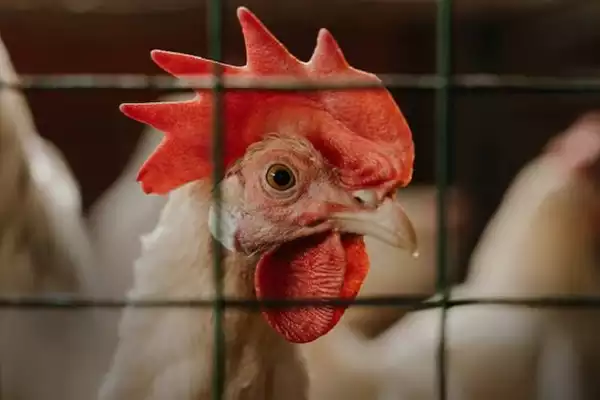Recently, H5N1 Bird Flu has significantly reduced the U.K. bird population.
Key highlights of the report:
- H5N1 bird flu has affected species like Great skuas, northern gannet, common tern, sandwich tern, and lesser black-backed gull.
- Despite the decline, some seabirds including gannets, European shags, and sandwich terns have developed immunity to bird flu.
- Prior to the H5N1 outbreak, species such as guillemot, Arctic skua, and Leach’s storm-petrel were already experiencing a decline, compounded by their slow breeding rates and the extended time needed to reach breeding age.
About the H5N1:
- The H5N1 is a Highly Pathogenic Avian Influenza (HPAI) virus that causes avian influenza in birds.
- It is a zoonotic disease with a high mortality rate in severe human cases, though human transmission is rare.
- Human infection can occur through close contact with infected birds or contaminated environments, leading to symptoms in the lungs, trachea, intestines, and brain.
- It canpotentially affect the foetus.
Its symptoms appear 3 to 5 days post-infection
Ref: Source
| UPSC IAS Preparation Resources | |
| Current Affairs Analysis | Topperspedia |
| GS Shots | Simply Explained |
| Daily Flash Cards | Daily Quiz |


